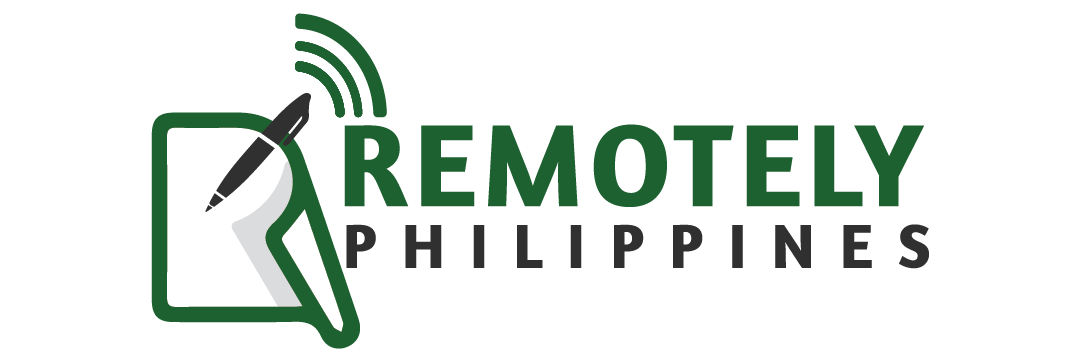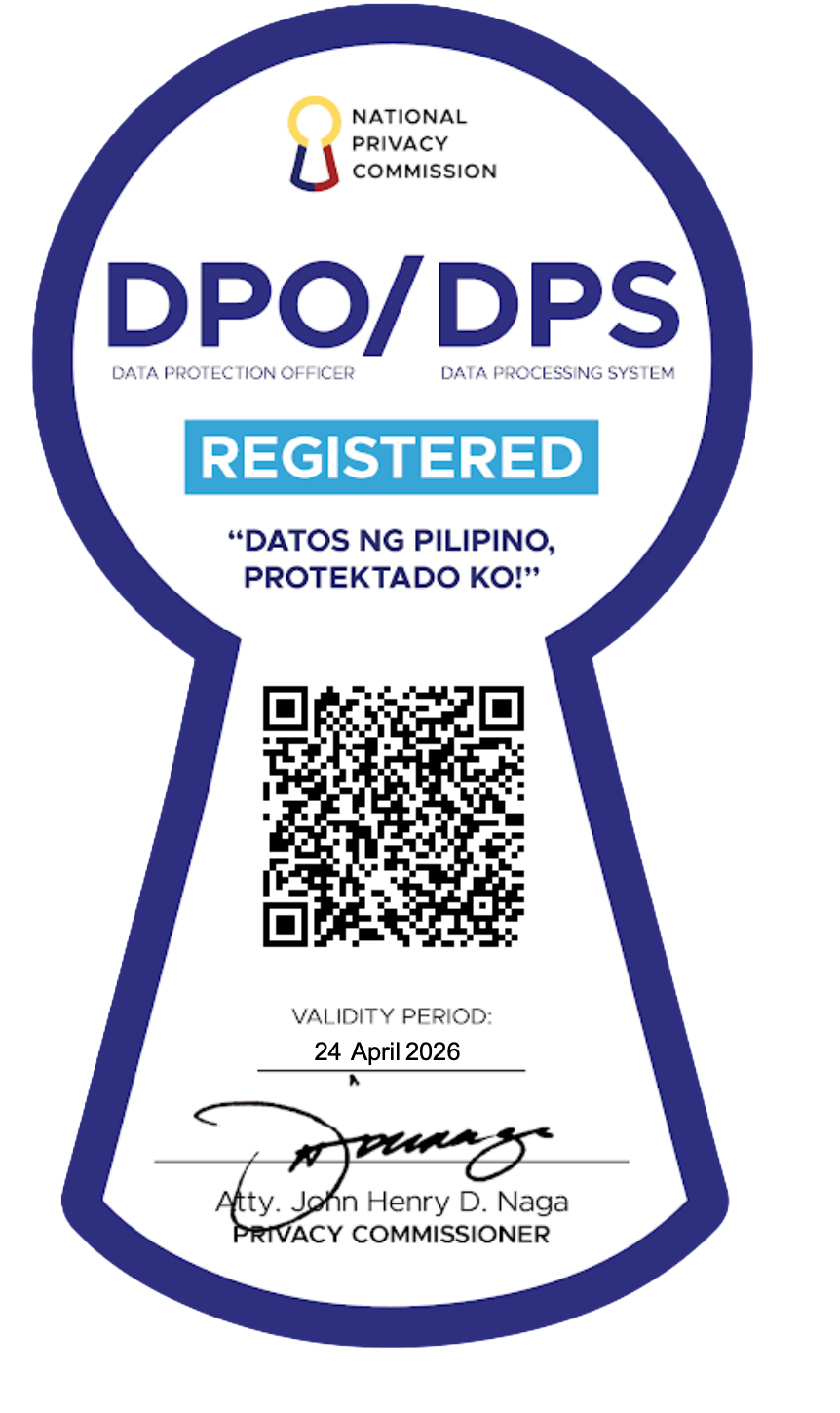Over the past two decades, developments in AI technology have transformed traditional audit methods, enabling firms to deliver more precise and efficient services.
This article explores how AI can be seamlessly integrated into auditing practices and how firms can leverage new technologies to stay ahead of the competition.
Artificial Intelligence and Its Use in Audit
Extensive effort has been made over the past 20 years to develop highly advanced AI systems that can assist auditors in forming judgments (Abdolmohammadi, 1987). From traditional accounting operations, technology has now changed the way audit firms operate. With this, firms can implement strategies to integrate these technological advancements effectively and transform the way they deliver their services to their clients.
AI Integration: Strategy Implementation
1. Investment Allocation for AI
The integration of AI into auditing begins with a firm financial commitment. By allocating the necessary resources, audit firms can invest in cutting-edge technologies that promise to refine their operational processes.
As the first step of the strategy implementation, the firm will devise a plan for its investments and expenditures, which would then enable it to determine whether they can allocate resources to invest in AI technology.
2. Provision of Training for Auditors
It would also require them to train auditors to provide them with enough skills to use the system properly. The auditors will undergo training and will learn about the concepts of AI and its applications, which will be tailored specifically to address the needs of the firm.
3. Assigning an Audit Manager for the Team
After acquiring the necessary skills, the next step would be to assign an audit manager that can best lead the team as they adapt to the changes in performing the tasks. The audit manager will take charge of supervising the strategy's implementation.
With integrated automation, the firm needs to ensure that the corporate culture is still being followed with each auditor’s compliance with ethical practices. There will be strict policies for the responsible use of the platform and for complying with individual information rights, including the ability to access, change, erase, and limit processing.
4. Performing Audit Processes With the Aid of AI
As they embrace machine learning, the firm needs to develop the best steps to perform the process in each audit engagement and process the data that the client will be required to provide. The firm will set a target number of engagements where the platform will be used. Then, each partner and manager will determine which processes can best be performed with or without AI. Through this approach, they can utilize the strengths of the AI platform and make it function together with their accounting software.
Developing a systematic approach to integrate AI into audit engagements is essential. By identifying which audit processes can be enhanced by AI, firms can maximize the efficiency and accuracy of their services.
Evaluating AI Integration in Auditing
1. Analysis of performance indicators and financial measures
To assess the effectiveness of AI integration, audit firms analyze various performance indicators and financial metrics. These evaluations help determine whether AI has led to improved efficiency and accuracy in audits.
Each auditor will keep a record of the amount of time spent on each procedure and the percentage of errors in each work output. The findings are expected to be low in order to reflect efficiency and precision.
Financial measures, such as revenue, expense, and profit margin analysis, will also be used to evaluate performance. This will help determine whether the integration of AI helped generate more revenue. The gains should also outweigh the cost of investment. Following an evaluation of the firm's financial performance, it can be compared to industry benchmarks.
As a result, the firm's performance after implementing the AI platform is projected to be comparable to or better than the competitors, indicating that it is extremely beneficial for task execution. It can also indicate what aspects of the platform need further improvements.
2. Gather feedback from the audit team and clients
It is essential for the firm to analyze the auditors’ experiences with the AI platform. This would be done through conducting interviews or distributing survey questionnaires to encourage feedback and address the concerns encountered while using the software. This would provide essential information in determining whether the platform reduces workload and improves work quality.
After hearing suggestions from the auditors, the firm should also gather feedback from their clients. By obtaining responses from clients on the efficiency, quality, and accuracy of audit work since the integration of AI, the firm can determine whether it helps to increase satisfaction with the service being provided.
3. Prepare an analysis and evaluation of the AI control environment
The auditors will provide a comprehensive analysis of their AI control environment to continuously monitor the platform's performance. This would aid in revisiting potential data input problems and can still be utilized to compare the performance of the platform for each review completed, depending on how frequently it will be conducted.
Regularly reviewing the AI control environment allows firms to make necessary adjustments and ensure that the technology continues to meet audit standards and client expectations effectively.
In conclusion, the integration of AI into auditing represents a significant leap forward for the industry. By strategically implementing and evaluating AI technologies, audit firms can enhance their operational efficiency, improve accuracy, and ultimately deliver superior service to their clients.
References:
Abdolmohammadi, M. (1987). Decision support and expert systems in auditing: A review and research directions. Accounting and Business Research, 173–185 (Spring).
Sign up for our newsletter
Get regular curated content on management, outsourcing, and everything you need to know to stay ahead of the curve.









